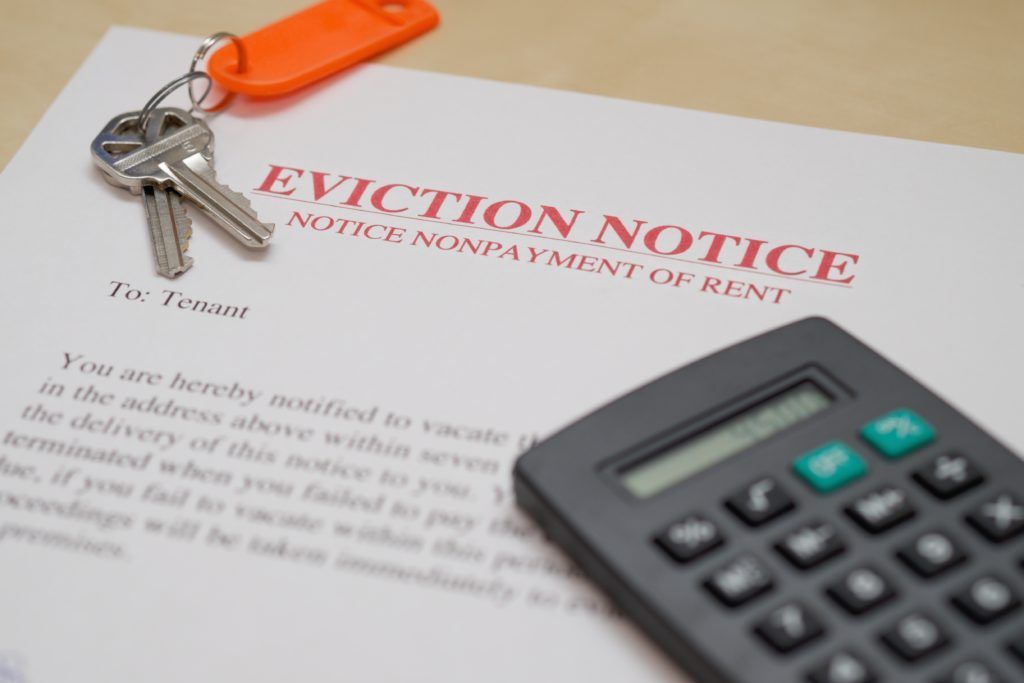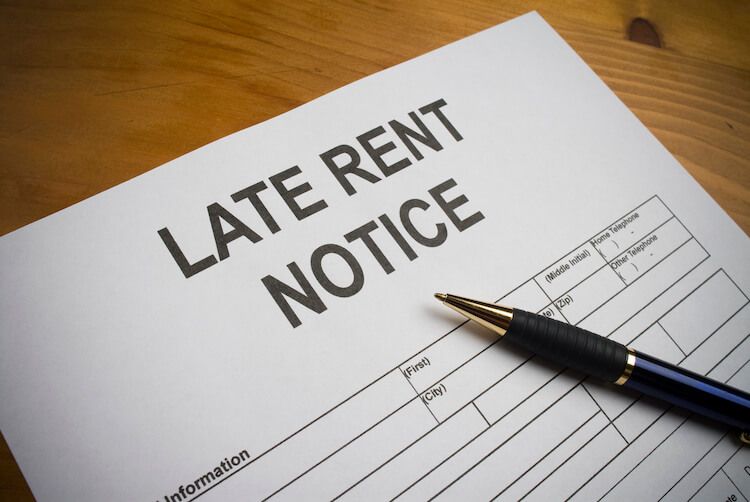My residential lease has expired can my landlord legally change the locks?
My residential lease has expired can my landlord legally change the locks?

Unless a tenant voluntarily surrenders the premises at the end of the lease term, a landlord in New York may not legally change the locks without first obtaining a court order. In fact, it is a Class A misdemeanor for any landlord to illegally change the locks, padlock the doors, take out your furniture or property, remove the door of the apartment or house, or turn of the electricity or water. In the event your landlord engages in any of the aforementioned behaviors, you have the right to go to court and take out an order to show cause to be restored to possession and sue for damages.
In New York, your landlord must first serve an appropriate notice before filing an eviction case in court. If you have lived in the property for less than one year, the landlord must serve you a 30 day notice of termination. If you have lived in the property for at least one year but less than two years, the landlord must serve a 60 day notice of termination. If you have lived in the property for two years or more, the landlord must serve a 90 day notice of termination.
The notice of termination will specify the date that you have to vacate the premises before the landlord files a case in court. If you are still in the premises after the termination date, the landlord will have to file a case in court and you will still have time to negotiate a settlement in court, or have a trial. If a settlement cannot be reached the case will eventually go to trial and the judge will decide how much time you will get to vacate the premises and will decide if any monies are owed.
There are many legal defenses that may cause the court to dismiss the landlord’s case against you and that is why it is very important to hire an experienced landlord-tenant lawyer who can raise these defenses on your behalf. In addition to legal defenses you have the right to raise any counterclaims you have against the landlord in court.





